
What is ETL Certification?
ETL is the most dynamic safety certification mark in North America, with a history dating back to 1896 when Thomas Edison founded the Electrical Testing Laboratories. It is widely recognized and accepted in North America. The ETL mark is an exclusive mark of Intertek, a leading global quality and safety organization. Products bearing the ETL mark meet mandatory North American standards and can be sold in the North American market.
Introduction to etl certification
The letters ETL stand for "Electrical Testing Labs," which was founded by inventor Thomas Edison in 1896. ETL certification is required for products exported to the United States and Canada. The ETL mark indicates that the product has passed tests recognized by NRTL in the U.S. and SCC in Canada. The ETL mark is considered equivalent to the UL or CSA mark and complies with relevant safety standards. A product with the ETL listed mark signifies that it meets the minimum safety standards. Furthermore, the ETL mark indicates that the manufacturer's production site meets certain standard requirements and is subject to regular factory inspections to ensure ongoing compliance. The ETL mark has existed for over 100 years.
Factory Inspection
Before issuing the certificate, ETL requires a factory inspection, followed by random quarterly follow-up inspections. Fees include factory inspection costs and quarterly certificate license fees. If necessary, inspectors may witness product retesting or collect samples for lab testing. License holders must sign a statutory contract with ETL, clearly outlining the manufacturer's responsibilities and the conditions for maintaining ETL listings and using the ETL mark.
Application Documents
Direct application is possible, and the required documents include:
1. Application form
2. Sample
3. Other relevant test results and product data, such as product manuals, photos, component lists, etc.
Basic Testing Methods
1) Leakage Current Test: The sample for leakage current testing should not have undergone prior testing.
2) Normal Temperature Rise: Testing method: Thermocouple: The standard requires using a 24-30AWG thermocouple (currently, 30AWG is used in the lab).
3) Post-Humidity Leakage Current Test: Typical test conditions: T = 32 +/- 2°C, RH = 88 +/- 2%. Duration: 48 hours. After testing, the product undergoes leakage current testing at T = 20-30°C, RH = 93 +/- 3%.
4) Dielectric Strength Test: For products without double insulation or grounding: 1000 V / 1 minute (target voltage ramp-up time set to 5 seconds, current cutoff set to 8.3 mA, and voltage held for 1 minute).
Scope of Application
Companies
Products that meet relevant safety standards signify that the production factory agrees to undergo strict periodic inspections to ensure consistent product quality and can be sold in both the U.S. and Canada markets.
Mark
(1) ETL Inspection Mark: Any electrical, mechanical, or electromechanical product with the ETL inspection mark indicates it has been tested and complies with industry standards.
(2) ETL Listed Mark: Any electrical, mechanical, or electromechanical product with the ETL mark indicates it has been tested and complies with relevant product safety standards.
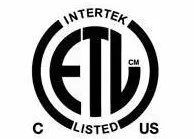
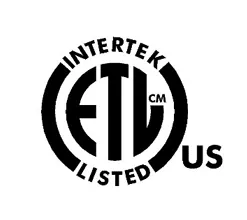
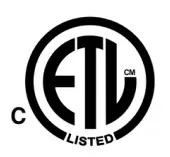
Relevant Information
- ETLus Mark (us only, no c): Safety mark for products entering the U.S. market.
- cETL Mark (c only, no us): Safety mark for products entering the Canadian market.
- cETLus Mark: Safety mark for products entering both the U.S. and Canadian markets.
Factory Inspection
The U.S. ETL certification requires four inspections annually, while Canada requires two. For both markets, there are four inspections per year.
Differences between UL and ETL
Both UL and ETL indicate that a product has passed tests at a Nationally Recognized Testing Laboratory (NRTL) and meets the applicable safety standards. The main difference lies in the service. As an ETL customer, you benefit from tailored testing, inspection, and certification services, fast operation cycles, and flexible work methods. We are creating closer partnerships with customers to ensure your product enters the market more quickly, smoothly, and efficiently.
ETL certification and UL certification have the same legal effect for accessing the North American market, but ETL certification is significantly less expensive, often costing only half as much as UL certification. Additionally, ETL product testing can leverage cb test reports, saving you substantial testing costs.
ETL certification also takes much less time than UL certification. In special cases, ETL can issue the certificate before conducting factory inspections, saving valuable time for product export.
F&Q about the ETL Listed Mark
Why do manufacturers choose the ETL listed mark?
Manufacturers want multiple options to meet their procurement needs, and selecting a testing and certification service provider is a crucial part of that process.
Is the ETL listed mark legally equivalent to UL and CSA listed marks?
U.S. law requires products sold in the U.S. to be tested and certified at a Nationally Recognized Testing Laboratory (NRTL), as designated by OSHA. The NRTL's role is to provide independent evaluation, testing, and certification services for various electrical, gas, and fuel products.
Products bearing the ETL listed mark indicate that they have met the basic safety standards and that the manufacturer's factory complies with conformity measures and undergoes regular follow-up inspections to verify consistent product quality.
What is an NRTL?
A Nationally Recognized Testing Laboratory (NRTL) is an independent lab recognized by OSHA in the U.S. to test products against applicable safety standards, such as UL and other standards set by recognized safety organizations.
Email:hello@jjrlab.com
Write your message here and send it to us
 What is FCC Class A vs. Class B?
What is FCC Class A vs. Class B?
 UL Standards for Electrical Equipment
UL Standards for Electrical Equipment
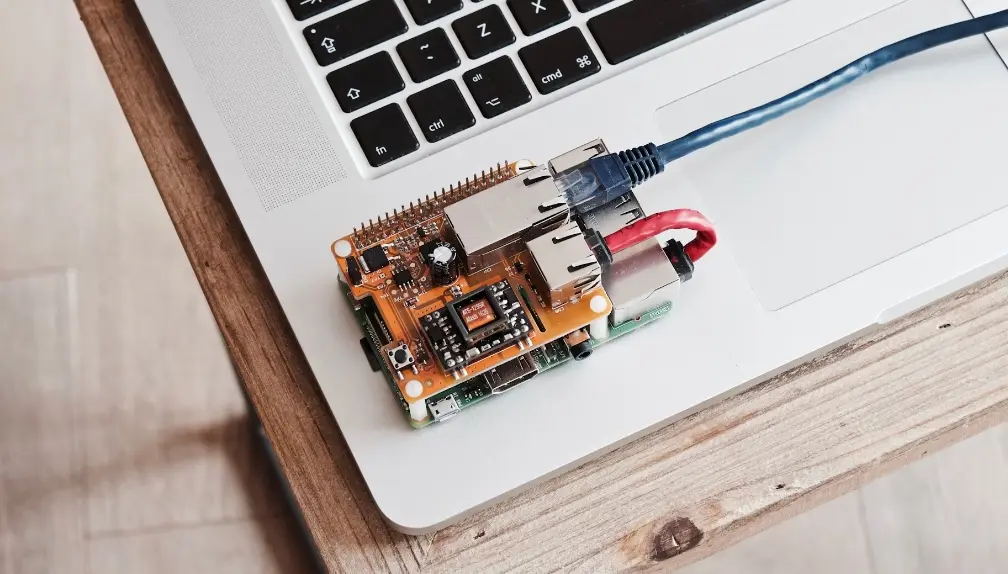 Is UL Certification Required in the USA?
Is UL Certification Required in the USA?
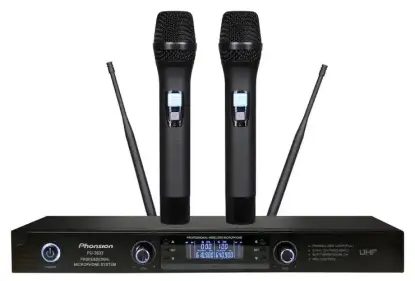 Wireless Microphone Export Certification
Wireless Microphone Export Certification
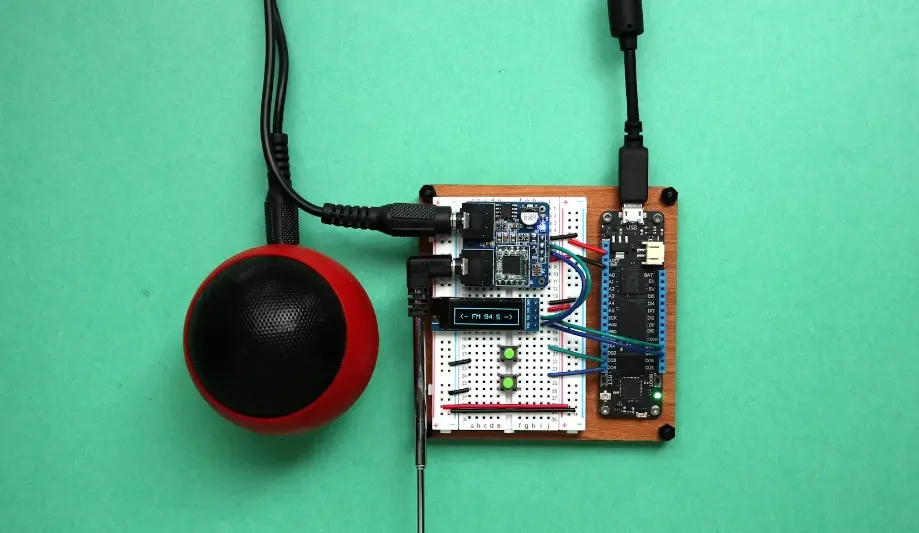 Audio-Visual Products SNI Certification in Indones
Audio-Visual Products SNI Certification in Indones
 FCC-ID: Still Needed if Module is Certified?
FCC-ID: Still Needed if Module is Certified?
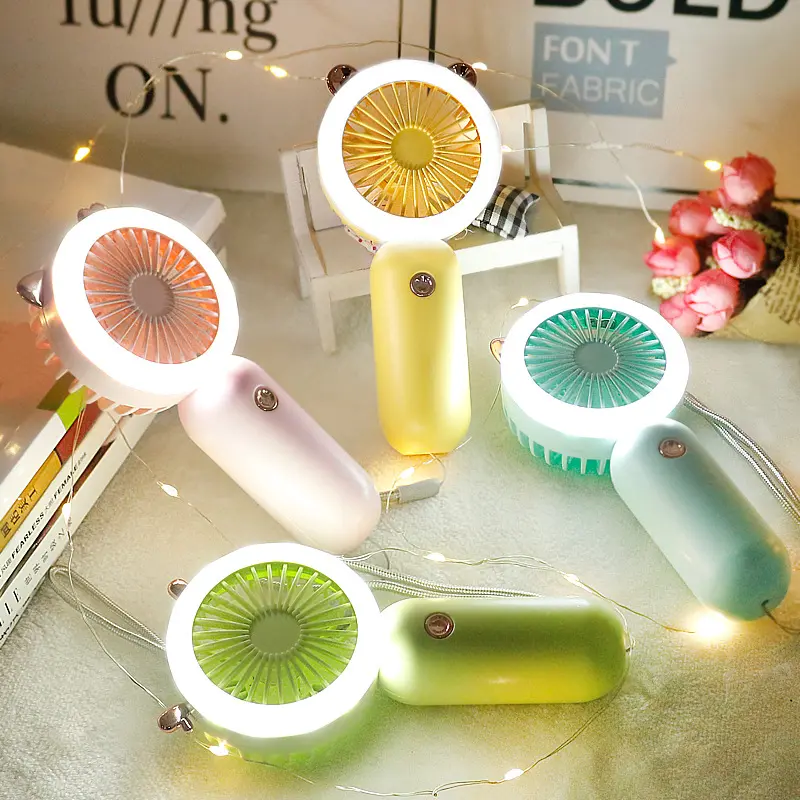 FCC Certification Fees for Handheld Fans
FCC Certification Fees for Handheld Fans
 FCC Certification Testing for Smart Lighting Produ
FCC Certification Testing for Smart Lighting Produ
Leave us a message
24-hour online customer service at any time to respond, so that you worry!




